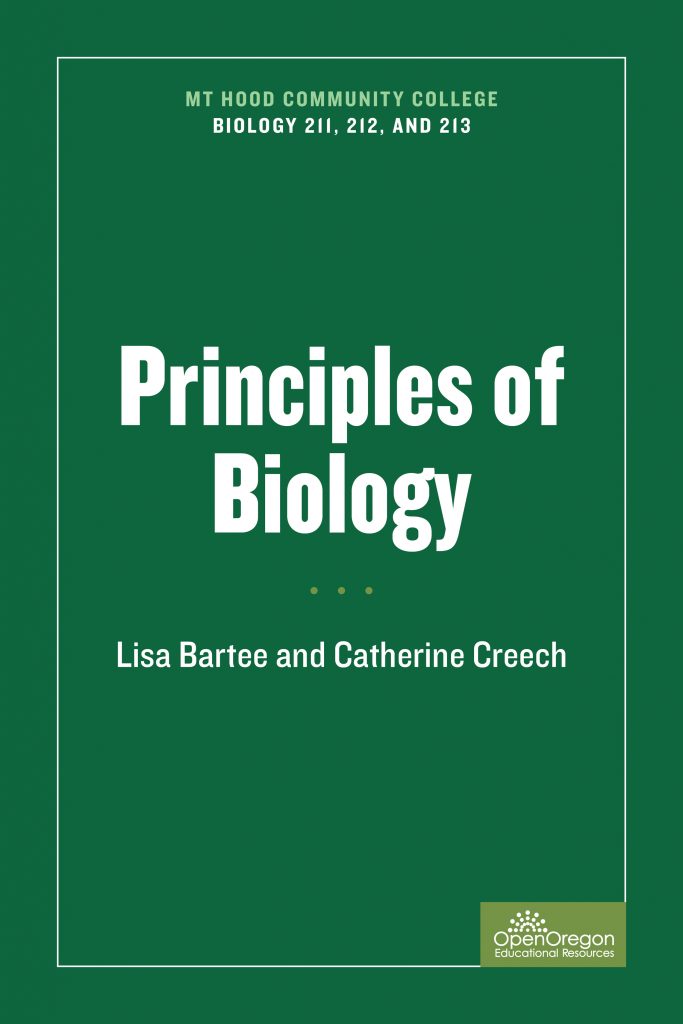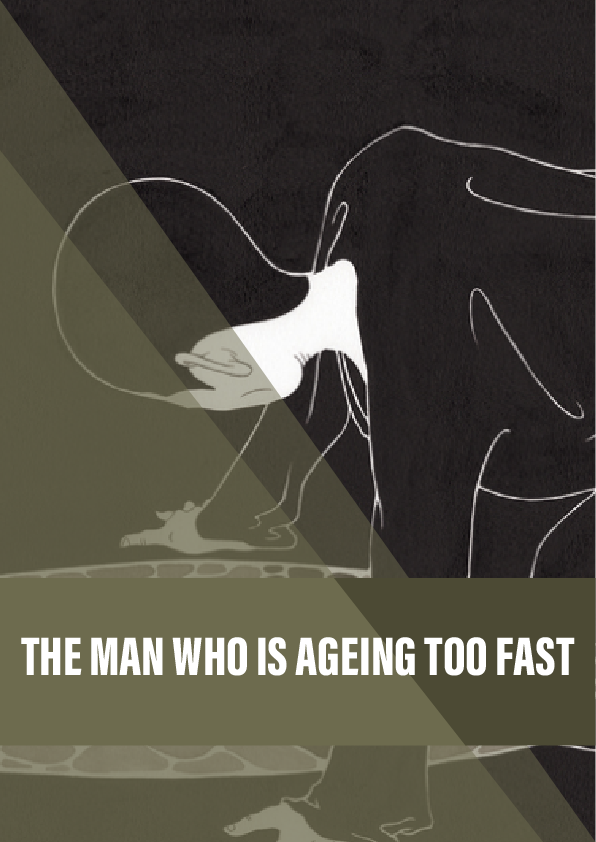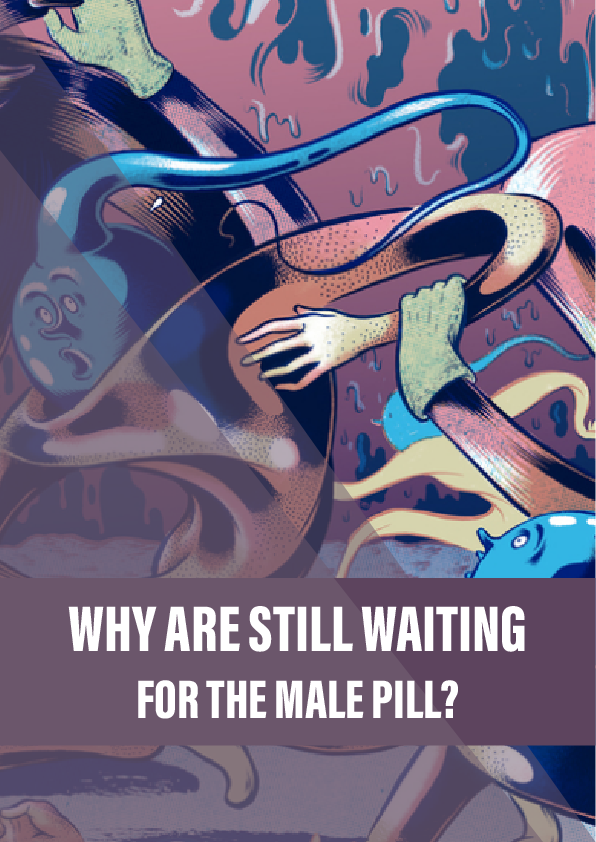Principles of Biology: The Principles of Biology sequence (BI 211, 212 and 213) introduces biology as a scientific discipline for students planning to major in biology and other science disciplines. Laboratories and classroom activities introduce techniques used to study biological processes and provide opportunities for students to develop their ability to conduct research.
- BI211 focuses on how structure defines function in organisms and the pathways and transformation of energy in living systems.
- BI212 uses genetics as a model system to understand information flow in living organisms.
- BI213 focuses on the interactions of living systems and the ecology and evolution of biodiversity.
THE PROCESS OF SCIENCE
Learning Objectives
Course Outcomes for this section: Apply the scientific method to biological questions by designing experiments and using the resulting data to form a conclusion.
- Design a controlled experiment to answer a biological question.
- Predict the outcome of an experiment.
- Collect, manipulate, and analyze quantitative and qualitative data
- Answer a biological question using data.
Select, evaluate, and utilize discipline-specific information and literature to research a biological topic.
- Differentiate between questions that can and cannot be answered using science.
- Identify appropriate credible sources of 3 information to research a topic.
- Evaluate sources of information for their strengths and weaknesses.
- Differentiate between popular and scholarly sources.
Like geology, physics, and chemistry, biology is a science that gathers knowledge about the natural world. Specifically, biology is the study of life. The discoveries of biology are made by a community of researchers who work individually and together using agreed-on methods. In this sense, biology, like all sciences is a social enterprise like politics or the arts. The methods of science include careful observation, record keeping, logical and mathematical reasoning, experimentation, and submitting conclusions to the scrutiny of others. Science also requires considerable imagination and creativity; a well-designed experiment is commonly described as elegant, or beautiful. Like politics, science has considerable practical implications and some science is dedicated to practical applications, such as the prevention of disease (see Figure 1). Other science proceeds largely motivated by curiosity. Whatever its goal, there is no doubt that science, including biology, has transformed human existence and will continue to do so.











